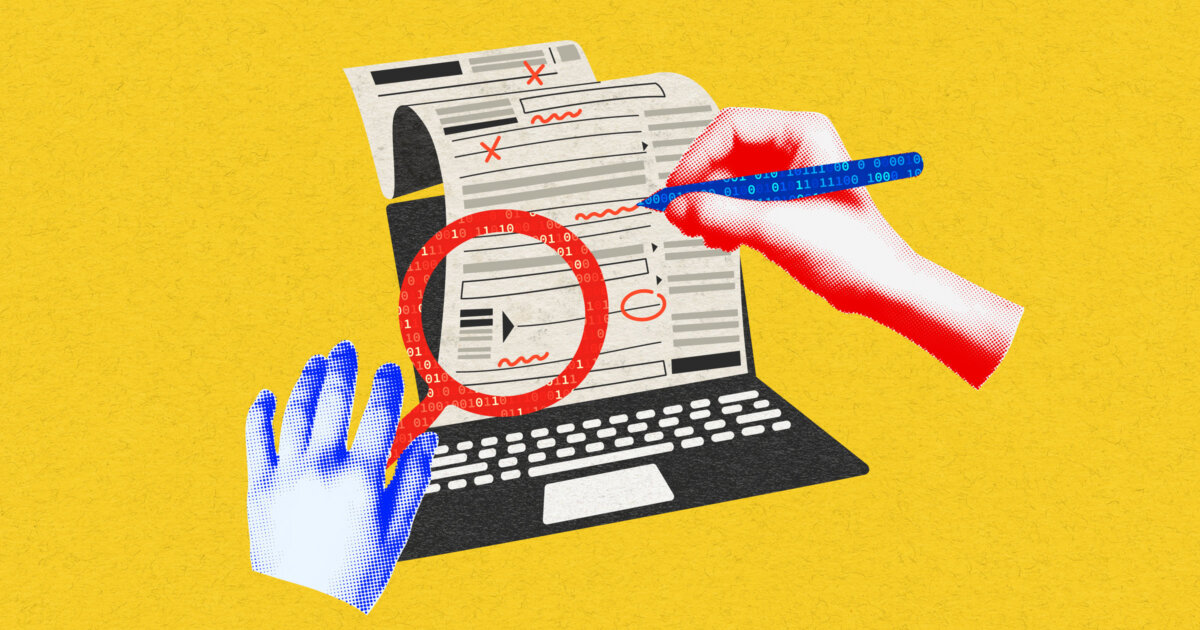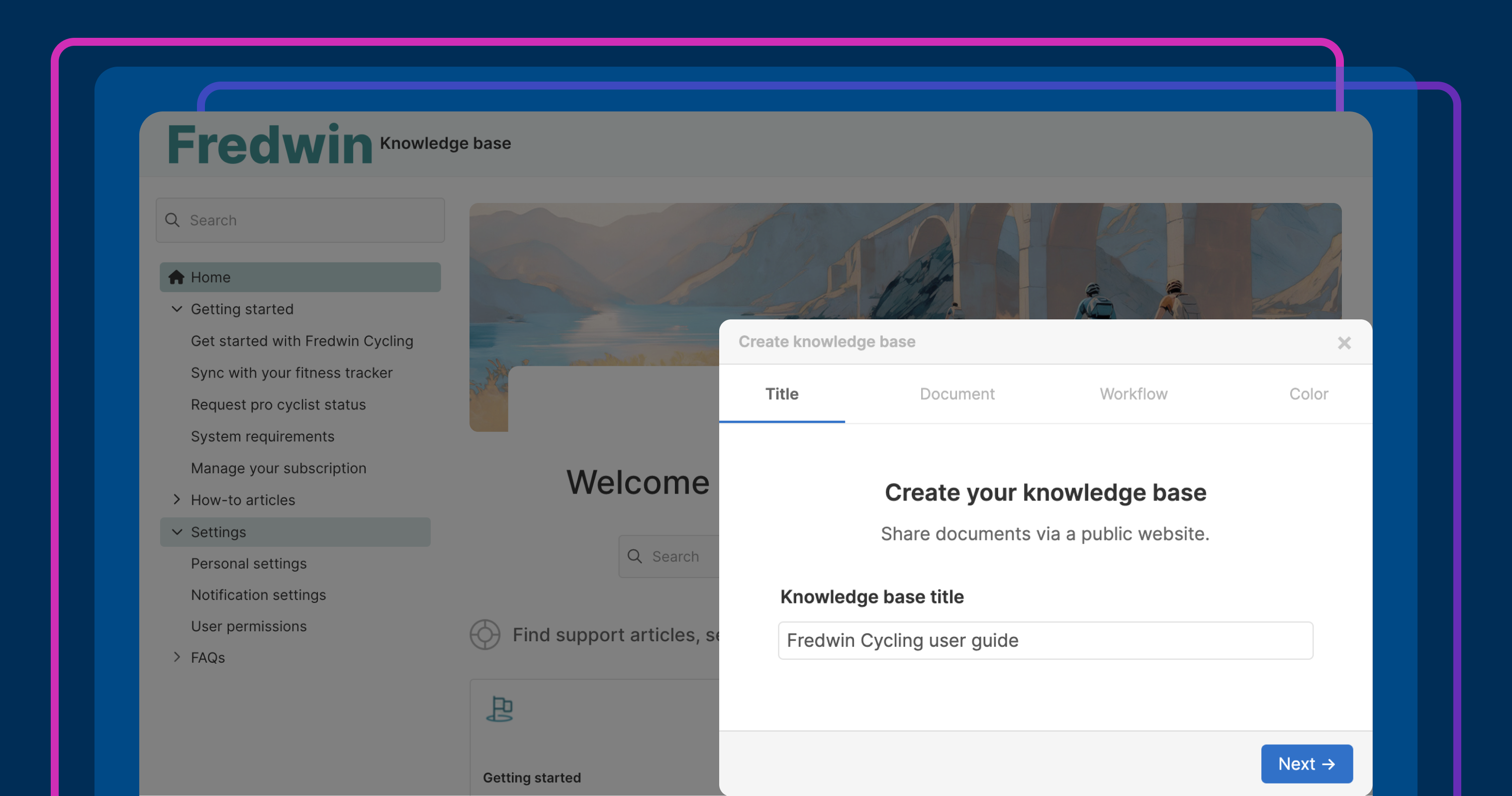drunk coworker’s aggressive behavior outside of work, a retroactive pay cut, and more
This post was written by Alison Green and published on Ask a Manager. It’s five answers to five questions. Here we go… 1. Can I report my coworker’s drunken, racist aggression outside of work? This past weekend, after a Saturday work event, a coworker invited me out for lunch and a few drinks to celebrate a job well done. We made a call to another coworker who lived […]

This post was written by Alison Green and published on Ask a Manager.
It’s five answers to five questions. Here we go…
1. Can I report my coworker’s drunken, racist aggression outside of work?
This past weekend, after a Saturday work event, a coworker invited me out for lunch and a few drinks to celebrate a job well done. We made a call to another coworker who lived in the area to join us. She said she would be joining with one of our out-of-country coworkers, Fergus, who was in-country on a work trip and looking to socialize. None of us is a fan of Fergus as we find him annoying (long overshares about his fraught divorce, a general negative outlook), but our impression of him was that he was harmless, just unpleasant.
During the lunch, Fergus was really throwing back the drinks. He became distracted by a few men at the table next to us, and joined their conversation, which they initially seemed to welcome. My coworkers and I enjoyed catching up in his absence.
After a time, one of the men came over to our table and said, “The time has come, you need to take your friend back. You need to get him out of here.” On further inquiring, we learned that, after becoming very drunk, Fergus had made an offensive comment about one of the men’s wives, asking how he could, as a black African man, be married to a white woman. (Fergus is a white African.) The man did not take kindly to this and put an end to their conversation.
On hearing this, my coworkers and I quickly paid our bill and tried to corral Fergus away and convince him to leave the restaurant. This proved difficult, as again and again he kept walking back to the men to try to apologize. They made it clear they did not want to hear it, they just wanted him to leave. I reiterated this to Fergus, saying, “We need to go. They’ve told us they want us to leave this here, so we need to leave it here.” He then turned on me, angrily called me the c-word, and said that I don’t understand because I am not African and it is in their culture to make things right, and I am a Trump American who will never understand their culture. He also said he wanted to kill me, and then find my husband and kill him. I took this calmly as we needed to leave the restaurant, and you can’t reason with a drunk person, but this malice really shook me. (Also, not that it matters as he was being ridiculous, but I am not aligned politically with Trump at all, and he knows this).
We thankfully made it out of the restaurant, where one of our coworkers took him back to her place to sober up before she felt he could reasonably take a taxi back to his hotel without harassing the driver. I received a text from him the next day apologizing for his appalling behavior and asking for forgiveness. I replied that I was thankful for the apology and glad to hear he made it home safely.
Now we are back at the office after the weekend, and I want nothing to do with him. I’ve heard him all morning walking down to my office to try and make right, and I’ve managed to avoid him so far. I will never spend time outside of work with him ever again, but I’m not sure how to proceed from here. Is this something that HR can take up? I don’t want to tank a person’s career over a drunk mistake, but this felt like more than that to me. He has really soured our working relationship. It all happened outside of work so I’m unsure of my options. I didn’t take his comments and threats to be real, but regardless, they were ugly.
For context, we are located outside of the United States.
I can’t speak to norms and laws outside the U.S. so this advice is necessarily from within my own cultural frame of reference (as is always the case) but: yes, talk to HR! Their purview doesn’t stop just because this happened outside of work; if you harass a coworker on your own time, it’s still harassment that your employer has a right to be interested in stopping.
And this wasn’t just “oh, a coworker got a little drunk and rowdy.” This was someone making racist comments, calling you an obscene slur, and threatening to kill you and your husband (!). This is way, way behind needing to give him any benefit of the doubt or worrying about what the consequences to him might be. (If anything, worry about what could happen if he’s allowed to keep behaving this way without some kind of official intervention.)
If this was a one-time, out-of-character incident for Fergus (which I very much doubt), he’s free to explain that to HR. You don’t need to sort through what the appropriate consequences are; you just need to let them know it happened and assume they will take it from there.
If Fergus does approach you to try to “make it right,” you should feel free to tell him (ideally in writing, with HR cc’d) that you don’t want to discuss it further with him and that the contact is unwelcome and needs to stop.
2. We get bonuses for more dangerous work — are we unethical if we spread it around?
I work in a medical setting. Four or five times a week, we have to handle patients who have serious and infectious diseases. While we of course have safety precautions in place, there’s still a risk. So every time we do, we can claim a $10 allowance — with a catch. We may only claim it once per day.
So if a patient in this category comes in and has to be moved three separate times and I do it all three times, I still only get $10.
So I might say to my colleague Bob, “Hey I’ve already claimed my 10 bucks, when the call comes through, you should do the next move and claim yours” to spread the money around (any staff member can respond to any call). Bob in turn would let Carol know and she would take the next assignment and claim her allowance.
Is this ethical? We tend to do this very quietly and not draw management attention to it. We’re increasing the cost to the facility but also we’re reducing the risk for any one person, and the risk is the reason behind the allowance.
I’m hard-pressed to say it’s unethical — it’s the system that’s in place, and if they feel they’re paying out too much or people are taking advantage of it, they can revisit it.
The part that makes me a little uncomfortable is that you’re sort commodifying the patients themselves, who might feel weird knowing people are gaming out how they can make a bonus off of their infectious disease. (On the other hand, some patients might be delighted to help with that!) That makes it extra important to ensure you’re treating these patients with dignity and compassion and not losing sight of their humanity (important regardless, obviously) and that they’re not ever waiting a longer amount of time so Carol can show up even though Bob is right there and could otherwise do it. If it ever does build in a delay (for them or for another patient), that’s when I think it would cross over into unethical, because you’d be prioritizing the bonus above the person.
3. Too soon to brag about a new accomplishment?
I was recently selected to join a new advisory council initiative at my workplace that brings together different parts of the company so we can best work together. (I suspect I was the only person who applied to represent my role, two or three tops — so not a huge accolade.) I’m also low-key job searching right now.
My first question is how soon can I start listing this on my resume? We haven’t had our first meeting yet and might not for several weeks, by which point I definitely will have applied to a very promising position. It feels wrong to list it before we ever meet, but my friends say I’m too shy about showing off my accomplishments. And my second question is how to discuss this type of thing on applications. I would list it as a bullet point in my resume, right? Or wait to discuss it in an interview?
I wouldn’t put it on your resume until more has happened with it. If it’s on your resume, you may be asked about it, and you don’t want your answer to be, “Well, we haven’t done anything yet.” And just being appointed to it doesn’t really warrant using resume space (so far).
That said, if you ignore me and include it anyway, it’s not a huge problem! I’m just talking best practices here, not “a thing you must not do under any circumstances.”
4. My company wants to cut our pay retroactively
I’m in an industry hard hit by the federal cuts and our team just went through layoffs. I received a mass email from HR saying that we would be getting a pay cut retroactive to the beginning of the month (time worked but not yet paid). We were asked to send agreement via email ASAP as they were about to run payroll. A quick search of your site says a retroactive pay cut is not legal, but do you think the company successfully got around it by asking for agreement in writing?
Nope. Employers cannot cut your pay retroactively. They can cut it going forward — since then you have the chance to agree to work at that rate or to decline to (i.e., quit) — but they cannot reduce it after you’ve already done the work while thinking it was for your previously-agreed-upon rate. That doesn’t change just because they ask you to agree to it afterwards.
The way to handle it is to reply that you can agree to the cut going forward (if indeed you do agree to it) and then say, “But my understanding is that we can’t legally make it retroactive, even if people agree, and I don’t want us to get in trouble for that.” If they push back, the next move is to report it to your state department of labor. (That said, realistically that may put a target on your back at a time when they’re already cutting jobs, and I don’t want you to be unaware of that risk.)
5. Digital nomad visas
I am considering looking for a job that could be done remotely from anywhere and moving my family out of the U.S. using another country’s digital nomad visa (other country TBD). I was hoping some people may have done the same and would be willing to discuss experiences? I really trust your blog for advice.
Sure, I’m happy to throw this out to people with experience with digital nomad visas.






























































































![Building A Digital PR Strategy: 10 Essential Steps for Beginners [With Examples]](https://buzzsumo.com/wp-content/uploads/2023/09/Building-A-Digital-PR-Strategy-10-Essential-Steps-for-Beginners-With-Examples-bblog-masthead.jpg)



![How One Brand Solved the Marketing Attribution Puzzle [Video]](https://contentmarketinginstitute.com/wp-content/uploads/2025/03/marketing-attribution-model-600x338.png?#)






![How to Use GA4 to Track Social Media Traffic: 6 Questions, Answers and Insights [VIDEO]](https://www.orbitmedia.com/wp-content/uploads/2023/06/ab-testing.png)








![[Hybrid] Graphic Designer in Malaysia](https://a5.behance.net/920d3ca46151f30e69b60159b53d15e34fb20338/img/site/generic-share.png)



















